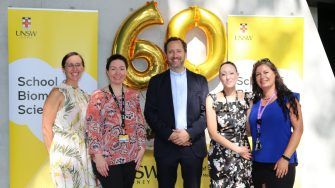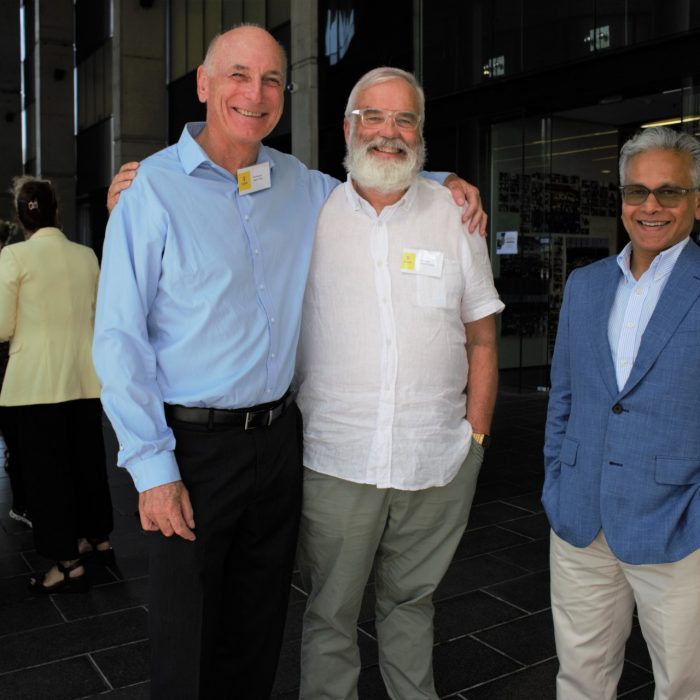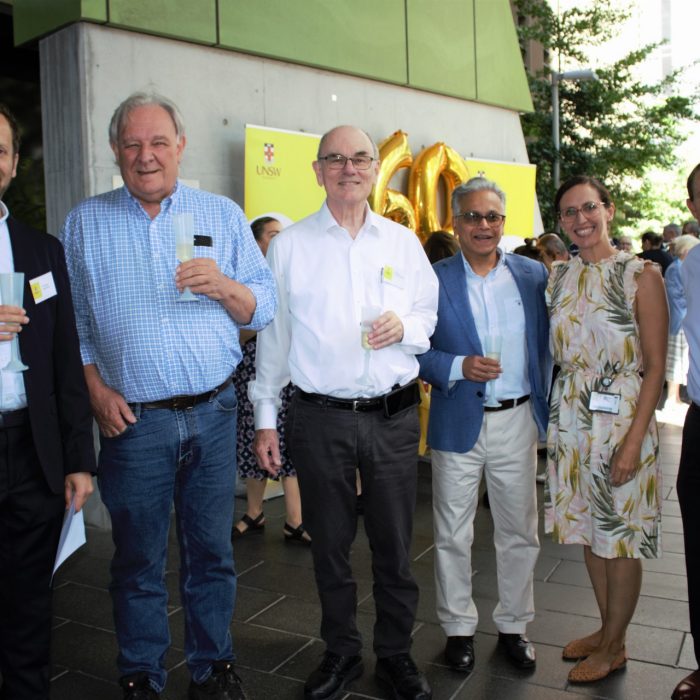Celebrating 60 years of the Wallace Wurth building
This year, UNSW celebrates 60 years since the Wallace Wurth building was opened by Her Majesty Queen Elizabeth II in 1963.
This year, UNSW celebrates 60 years since the Wallace Wurth building was opened by Her Majesty Queen Elizabeth II in 1963.

This year, UNSW celebrates 60 years since the Wallace Wurth building was opened by Her Majesty Queen Elizabeth II in 1963. The building was named after UNSW’s first President and later Chancellor, and originally housed the School of Medicine and School of Biological Sciences. It was within this building that a community of medical researchers and teachers came together to pioneer the foundation of medical education, biomedical research and health delivery in Australia. After changing it’s name in 2022, the Wallace Wurth building is now the beating heart of the School of Biomedical Sciences (SBMS), one of the largest teaching and research schools at UNSW. Over its 60 years, the building has seen the birth of multiple schools and centres, with SBMS and the newly formed School of Health Sciences the most recent to find their home within its walls.
SBMS used the anniversary as an opportunity to reunite current and former students and staff at an afternoon tea in the forecourt of Wallace Wurth. Over 100 guests gathered on 15 March 2023, sharing memories of their experiences working, researching, teaching or studying within the four walls of the building. A common theme across conversations was the sense of collegiality garnered, no matter the discipline nor period in which they were present.
Among the guests was Emeritus Professor Terry Campbell. At 13 years old, he witnessed the opening of the building, no doubt unaware that 43 years later he would become the Deputy Dean of Medicine (2006-2017). Other esteemed guests in attendance were Emeritus Professors Carol Geczy, Dennis Wakefield, Nick Hawkins and Liz Burcher, to name but a few.
Professor Jake Baum, Head of the School of Biomedical Sciences, was proud to welcome guests to the event. He spoke of the history of the land, dating back way beyond the foundations of the building, to the Bidjigal and Gadigal communities and the unbroken chain of Indigenous connection to this land. “No doubt they were the first educators and researchers, sharing and developing traditions in health and medicine many thousands of years before us,” commented Prof. Baum.
As well as reflecting on the past, an anniversary is an excuse to look forward. With a bridge to be built between the new Health Translation Hub, the Randwick Health Innovation Precinct and the Wallace Wurth building, this will be the physical link between UNSW and a world class biomedical precinct, with hospitals, clinical trial facilities and patient/stakeholder interaction spaces. “The future of biomedicine is at an extremely exciting juncture, with global impact research, world-class education and the continued delivery of health innovations for all Australians on the horizon,” said Prof. Baum.
Here’s to another 60 years of pioneering biomedicine at UNSW.





